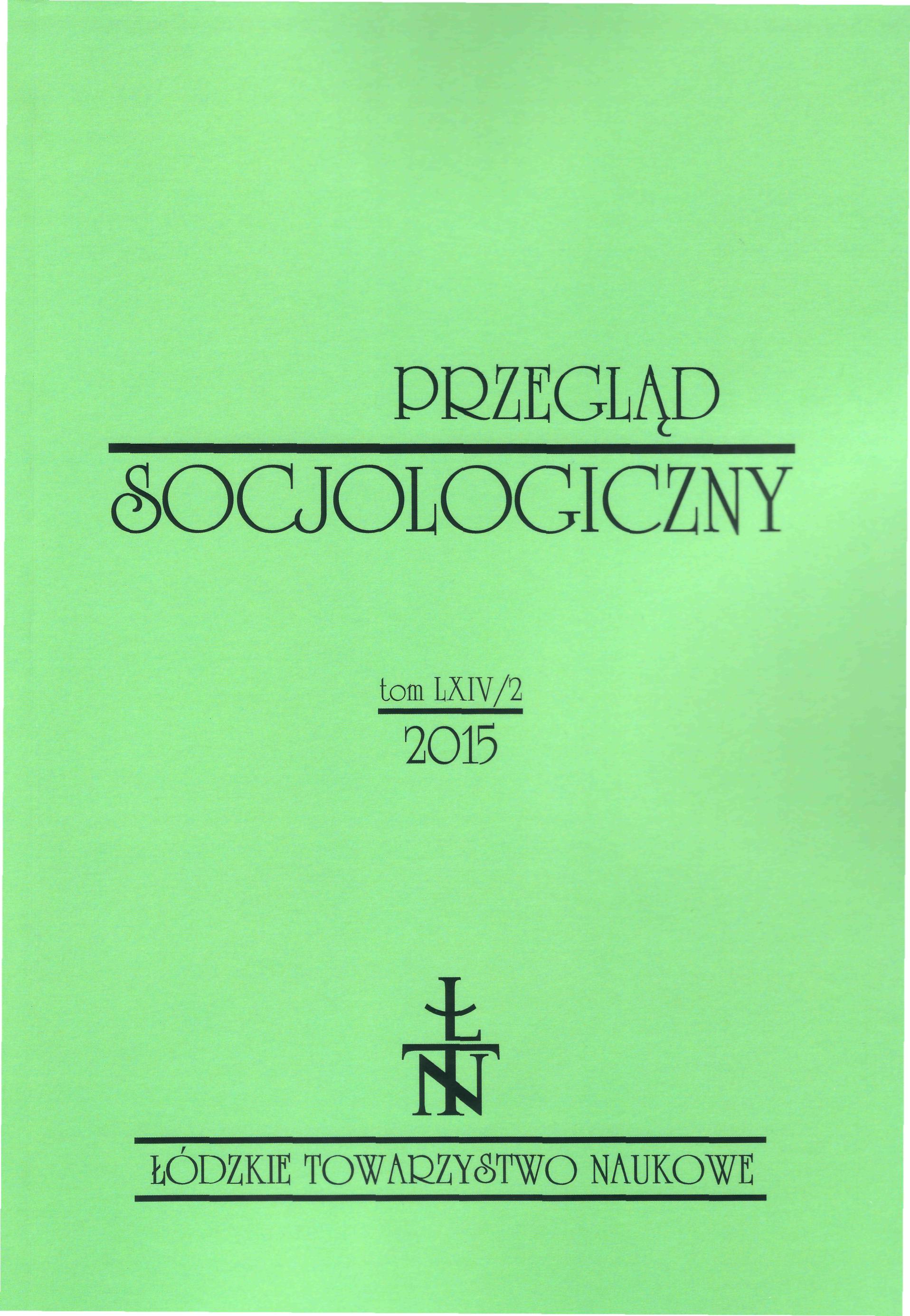Obrazy Okrągłego Stołu w 25. rocznicę rozmów w Magdalence. Modele wyjaśniania i oceny obecne w polskim dyskursie prasowym
Images of the Round Table on the tweny-fifth anniversary of the discussions in Magdalenka. Types of explanation and evaluation in the Polish press debate
Author(s): Konrad KubalaSubject(s): Politics / Political Sciences, History, Social Sciences
Published by: Łódzkie Towarzystwo Naukowe
Keywords: press discourse; public discourse; social representation; rhetoric; symbolic elites
Summary/Abstract: This article aims to present practices of internalization, naturalization and universalization surrounding different images of the Polish Round Table in the press discourse published on the twentieth anniversary of the talks in Magdalenka, using examples of such newspapers and weeklies as: “Gazeta Wyborcza” (9 articles), “Nasz Dziennik” (6 articles), “Trybuna” (11 articles), “Polityka” (12 articles), “Newsweek” (9 articles), “Tygodnik Powszechny” (10 articles), comparing them with those which appeared five years later in “Do Rzeczy” (7 articles) and “W Sieci” (4 articles). The reconstruction of the press narratives about one of the most important breakthroughs in the Polish political, social and cultural life 20 years after the fact is accompanied by many theoretical assumptions. The most important are related to the influence of public discourse on social memory and the prevailing socio-political cleavages. The most interesting aspect for the researcher turned out to be the attempts to interpret and evaluate the images of the Round Table in the analyzed newspapers. This is because they help determine the final shape of the Polish public discourse about the recent past, in which the Round Table Talks is the most important symbol. In author’s opinion, the way of evaluating that breakthrough period in modern Polish history has a major influence on the frame of the discourse. The research problem that was undertaken in the article was to characterize and analyze the “images” of the Round Table present in the Polish press. The author also analyzes the issue of the impact of these images on the contemporary socio-political cleavages in Poland. He argues that difficulties in reaching consensus on recent historical events is one of the main differences between the Central European and Western countries. Untranslatability perspectives in the discourse concerning such an important event in Poland’s collective history implies less coherent ways of institutionalizing memory policy by various political and social environments. The lack of any substantial consensus concerning the evaluation and interpretation of the Round Table cannot fail to impact both the actual identity of the community as well as the institutionalized patterns of Polish public life. Characteristics of the Polish press discourse concerning the Round Table was made by using multiple research tools of discourse analysis.
Journal: Przegląd Socjologiczny
- Issue Year: 64/2015
- Issue No: 2
- Page Range: 131-155
- Page Count: 25
- Language: Polish

